Confederate Truths: Documents of the Confederate & Neo-Confederate Tradition from 1787 to the Present.
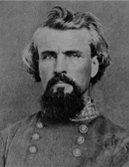

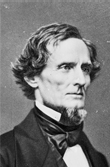
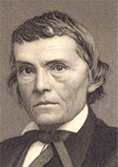


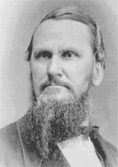
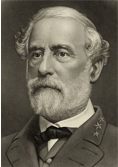
Speech of Jefferson Davis in the City of New York, Palace Garden Meeting, Oct. 19, 1858, where he advocates lynching of abolitionists
Speech of Jefferson Davis in the City of New York, Palace Garden Meeting, Oct. 19, 1858, where he advocates lynching of abolitionists.
Speech of Jefferson Davis in the City of New York, Palace Garden Meeting, Oct. 19, 1858, from "Jefferson Davis Constitutionalist: His Letters, Papers, and Speeches," collected and edited by Dunbar Rowland, Volume III, pages 332 – 339, printed for the Mississippi Department of Archives and History, Jackson, Mississippi, 1923, extract pages 337-338, in which he advocates the lynching of abolitionists, (italics in the original). (Note, the table of contents for this volume does not list this speech.)
The extract from the speech:
From the seeds of narrow sectionality and purblind fanaticism, have sprung the tares which threaten the principles of that declaration which made the colonies independent States, and of that compact by which the States were united by a bond to-day far more valuable than when it was signed. You have among you politicians of a philosophic turn, who preach a high morality; a system of which they are the discoverers, and it is to be hoped will long remain the exclusive possessors. They say, it is true the Constitution dictates this, the Bible inculcates that; but there is a higher law than those, and call upon you to obey that higher law of which they are the inspired givers. [Laughter and applause.] Men who are traitors to the compact of their fathers – men who have perjured the oaths they have themselves taken – they who wish to steep their hands in the blood of their brothers; these are the moral law-givers who proclaim a higher law than the Bible, the Constitution, and the laws of the land. This higher law doctrine, it strikes me, is the most convenient one I ever heard of for the criminal. You, no doubt, have a law which punishes a man for stealing a horse or a bale of goods. But the thief would find more convenient a higher law which would justify him in keeping the stolen goods. The doctrine is now advanced to you only in its relation to property of the Southern States, thus it is the pill gilded, to conceal its bitterness; but it will re-act deeply upon yourselves if you accept it. What security have you for our own safety if every man of vile temper, of low instincts, of base purpose, can find in his own heart a higher law than that which is the rule of society, the Constitution, and the Bible? These higher law preachers should be tarred and feathered, and whipped by those they have thus instigated. This, my friend, is what is called in good old revolutionary times, Lynch Law. It is sometimes the very best law, because it deals summary justice upon those who would otherwise escape from all other kinds of punishment. The man who with sycophantic face and studied phrase, and with assumed philosophic morality, preaches treason to the Constitution and the dictates of all human society, is a fit object for a Lynch law that would be higher than any he could urge. [Applause.]